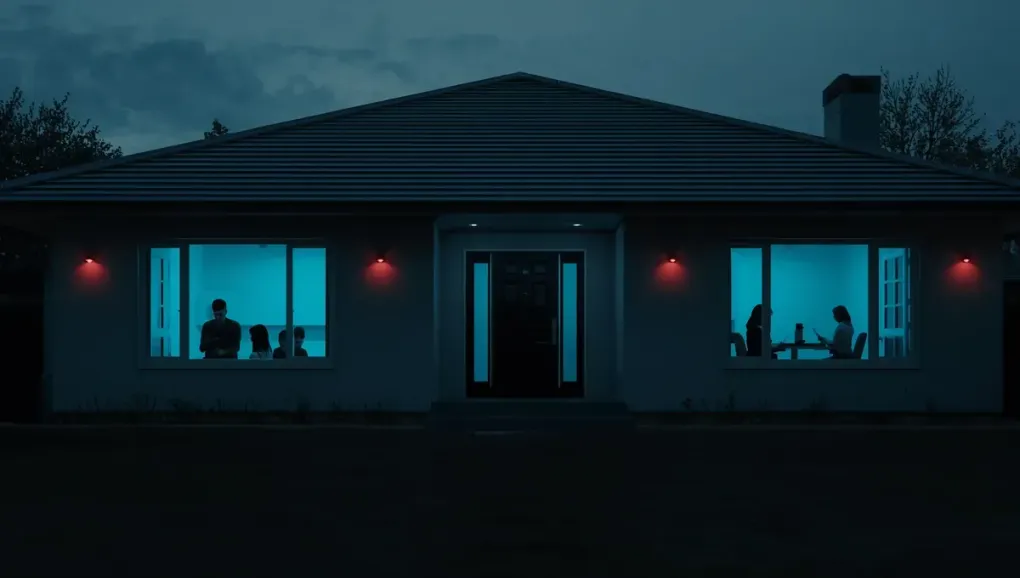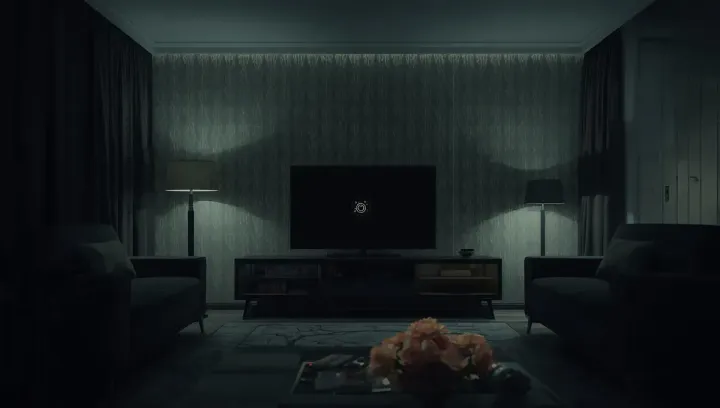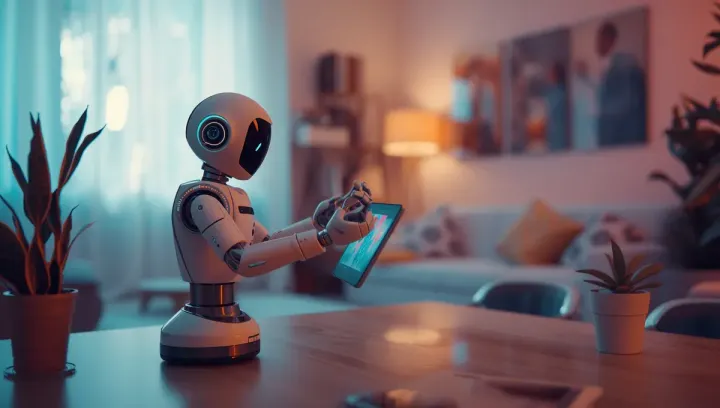
The Smart Home is Dead: How the IoT Revolution Disappointed Us All
The promise was seductive: a home that anticipates your needs, where lights dim automatically, your thermostat saves you money without you lifting a finger, and your fridge orders milk before you run out. For years, we’ve been sold the vision of the “smart home” as the next frontier of convenience. But as we stand in 2025, it’s time to admit the truth: the revolution never arrived. In fact, for many, it turned into a low-grade nightmare.
Recent data suggests a “cooling off period” for smart home device adoption. After an initial surge fueled by novelty and aggressive marketing, consumers are growing weary. The dream of a seamless, interconnected ecosystem has crashed into the harsh reality of buggy software, walled gardens, and the unsettling realization that we’ve paid to turn our homes into surveillance hubs for corporations.
The Myth of Interoperability
The first broken promise was unity. Instead of a single, harmonious system, we got a digital Tower of Babel. Amazon, Google, and Apple built their own walled gardens, forcing consumers to pledge allegiance to a single ecosystem. Your Echo won’t talk to your HomePod, and your Apple HomeKit accessories might as well be paperweights if you use an Android phone.
The Matter protocol was supposed to be the great unifier, a universal language that would let all our devices talk to each other. While it has gained some traction, it’s been a slow, painful rollout. Many older devices will never be updated, and manufacturers are still finding ways to lock you into their proprietary apps for “advanced” features. The result? A fragmented mess where you still need half a dozen apps to control your own house. The so-called “convenience” has just shifted the complexity from flipping a switch to navigating a maze of digital interfaces.
Your Home, Their Data Center
The most sinister part of the smart home experiment isn’t the clunky UX; it’s the relentless data harvesting. We’ve willingly placed always-on microphones and cameras in our most private spaces. These devices aren’t just serving us; they’re serving their masters in Silicon Valley.
Every voice command, every temperature adjustment, every time you turn on a smart light is a data point. This information is vacuumed up, analyzed, and used to build an unnervingly detailed profile of your life. It’s used to target you with ads, to train AI models, and, as we’ve seen with numerous data breaches, it’s a juicy target for hackers. The Resideo report on AI in security highlights consumer fears, with 1 in 4 smart camera users worrying about hackers watching them. They’re not wrong to be paranoid.
We traded our privacy for the “convenience” of asking a speaker for the weather, and it’s a terrible deal. The smart home isn’t smart because it helps you; it’s smart because it knows everything about you.
The Burden of “Dumb” Smart Devices
Ironically, many smart devices are just… dumb. They’re unreliable, require constant software updates, and often fail at their most basic tasks. A traditional light switch has a near-100% success rate. A smart bulb, on the other hand, is dependent on your Wi-Fi, the manufacturer’s cloud server, the voice assistant’s ability to understand you, and the app on your phone. A single point of failure in that chain means you’re sitting in the dark, fumbling for your phone to do something that once took a simple flick of a switch.
This isn’t progress; it’s a regression disguised as innovation. We’ve added layers of unnecessary complexity and potential failure points to the most basic functions of our homes.
The Verdict
The grand vision of the fully automated, seamlessly integrated smart home is dead. It was a marketing fantasy that ignored the realities of corporate competition, the value of privacy, and the beauty of simple, reliable design.
The future isn’t a house full of “smart” everything. It’s a handful of genuinely useful, secure, and interoperable devices that solve real problems instead of creating new ones. Until then, maybe we should all think twice before adding another connected gadget to our homes.
What’s the dumbest “smart” device you’ve ever owned? Let us know in the comments.


